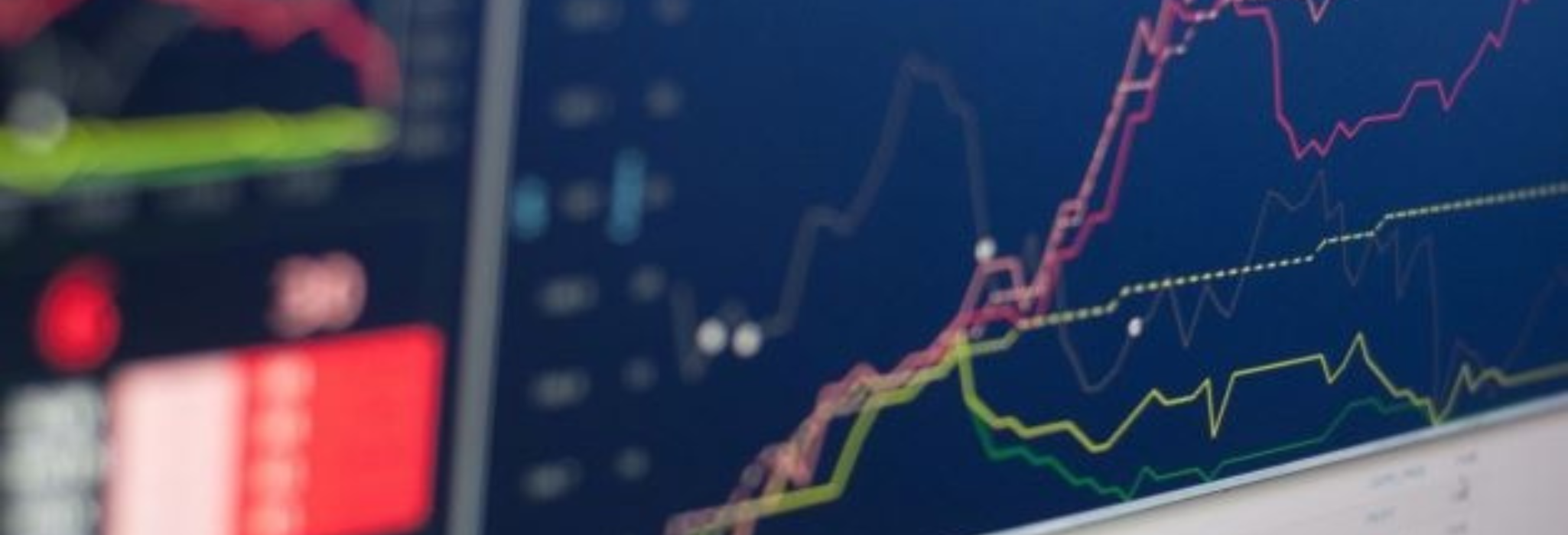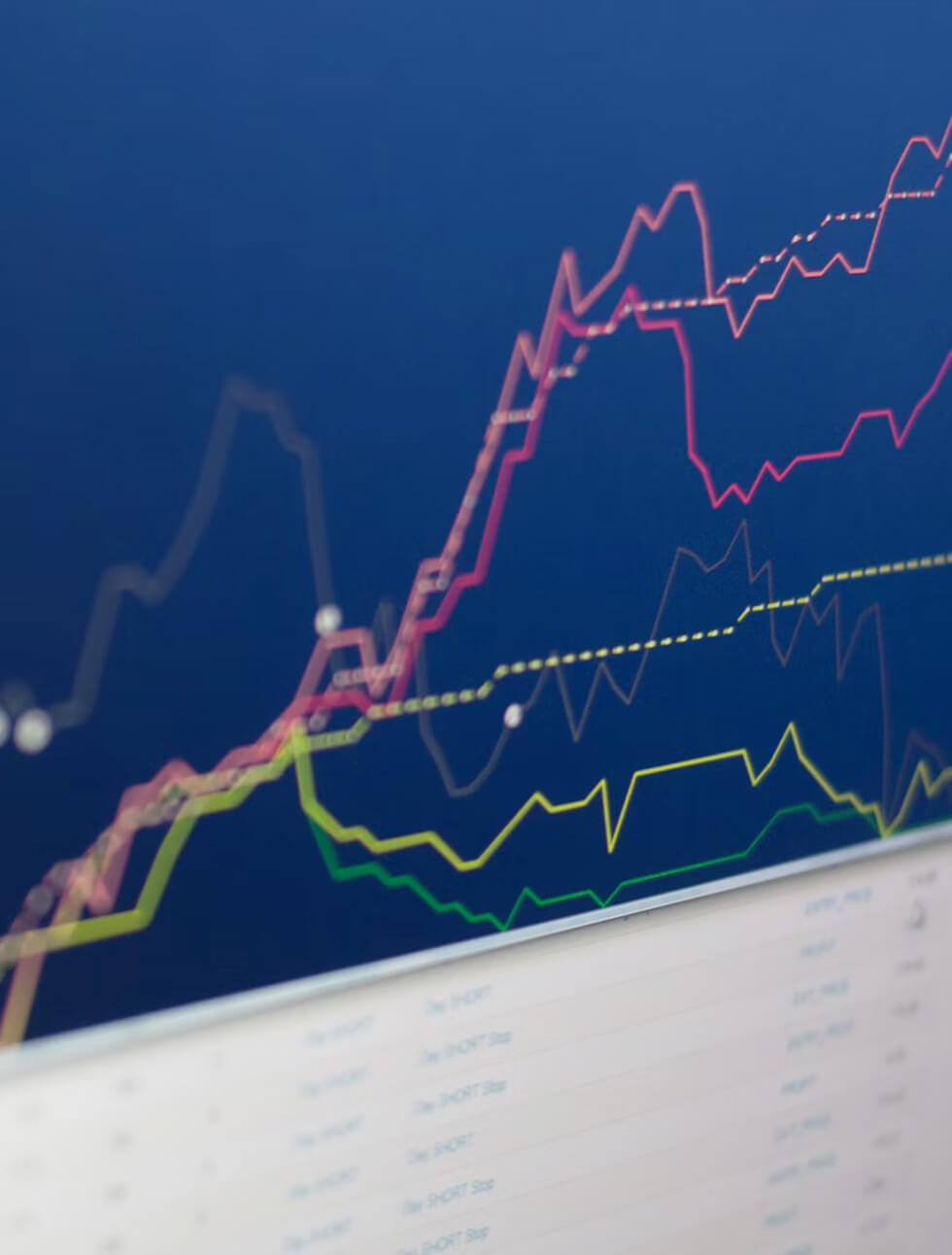Finance leaders of the Group of Seven (G7) met last week in Niigata, Japan to discuss global supply chains and the need for increased resilience by reducing over-reliance on China. Japan, as the host, has been at the forefront of fresh efforts to diversify supply chains away from China through investment and aid partnerships with low- and middle-income countries. However, the U.S. Treasury Secretary, Janet Yellen, has called for targeted controls in investment to China to counter Beijing’s “economic coercion” against other countries.
Inflation continues to be a key topic among central banks worldwide. On Wednesday, the latest consumer price index showed that inflation remains high, but has been cooling. However, inflation has still held well above the Fed’s 2% annual target. On Thursday, the producer price index reported that inflation persists, with PPI in April rising 2.3% from a year earlier, the lowest reading since January 2021. Despite the Federal Reserve’s efforts to bring down prices, inflation has been persistent, leading to 10 consecutive interest rate increases totaling 5 percentage points, taking benchmark borrowing rates to their highest level in nearly 16 years.
Furthermore, the US government could potentially run out of money if Congress fails to raise the debt ceiling by the end of the month, leading to an economic catastrophe. Janet Yellen has warned that the U.S. may fail to meet its debt obligations sooner than expected and could run out of measures as early as June 1st.
The Bank of England also raised interest rates by a quarter of a percentage point to 4.5%, the highest level in almost 15 years. However, the Bank warned that it would not hit its inflation target until 2025, citing a faster-than-expected rise in food prices, which could lead to wider inflation. The Bank is now forecasting that inflation will be around 5% at the end of this year.
Official data released on Friday showed that the UK’s Gross Domestic Product (GDP) edged up 0.1% in the first three months of the year, the same pace as in the final quarter of 2022. However, the UK economy is at the bottom of the G7 growth league behind Germany, France, and the US after an unexpected contraction of 0.3% in March. A strong performance in January meant that the economy grew by 0.1% over the first quarter. Still, it was unable to prevent the UK economy from being 0.5% smaller than it was in 2019 before the Covid-19 pandemic. The slump in March was driven largely by weakness in the retail sector, with consumer spending squeezed by the cost of living crisis.
In summary, the global economy faces multiple challenges, including inflation, the risk of defaulting on debt, and slow growth. Central banks worldwide continue to enact measures to counter inflation, while governments and finance leaders are discussing strategies to diversify global supply chains and reduce reliance on China. These challenges require proactive measures and cooperation to ensure stability and growth in the global economy.




